China flexes its muscles at the UN
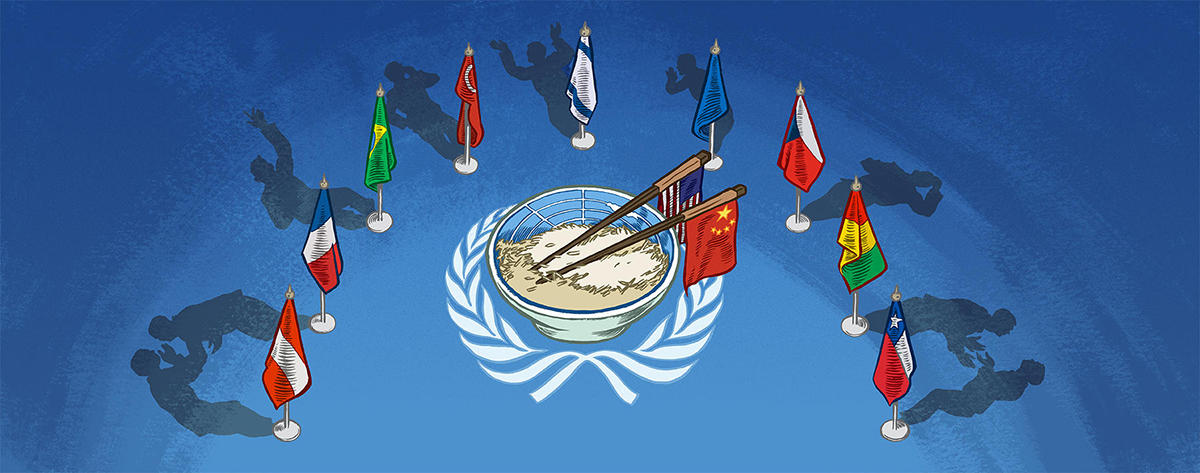
Flaunting its role as a great power, China is wielding expanding influence in a United Nations weakened by the battering it has taken from the Trump administration. Its financial contributions are increasing, as are the number of leadership posts taken by Chinese nationals at the UN specialised agencies.
After visiting the World Economic Forum (WEF) annual meeting in Davos and the Geneva headquarters of the United Nations in January 2017, Chinese President Xi Jinping caused a sensation by positioning himself as the guarantor of the international order and the UN in a world that was shaken by the arrival of Donald Trump at the White House.
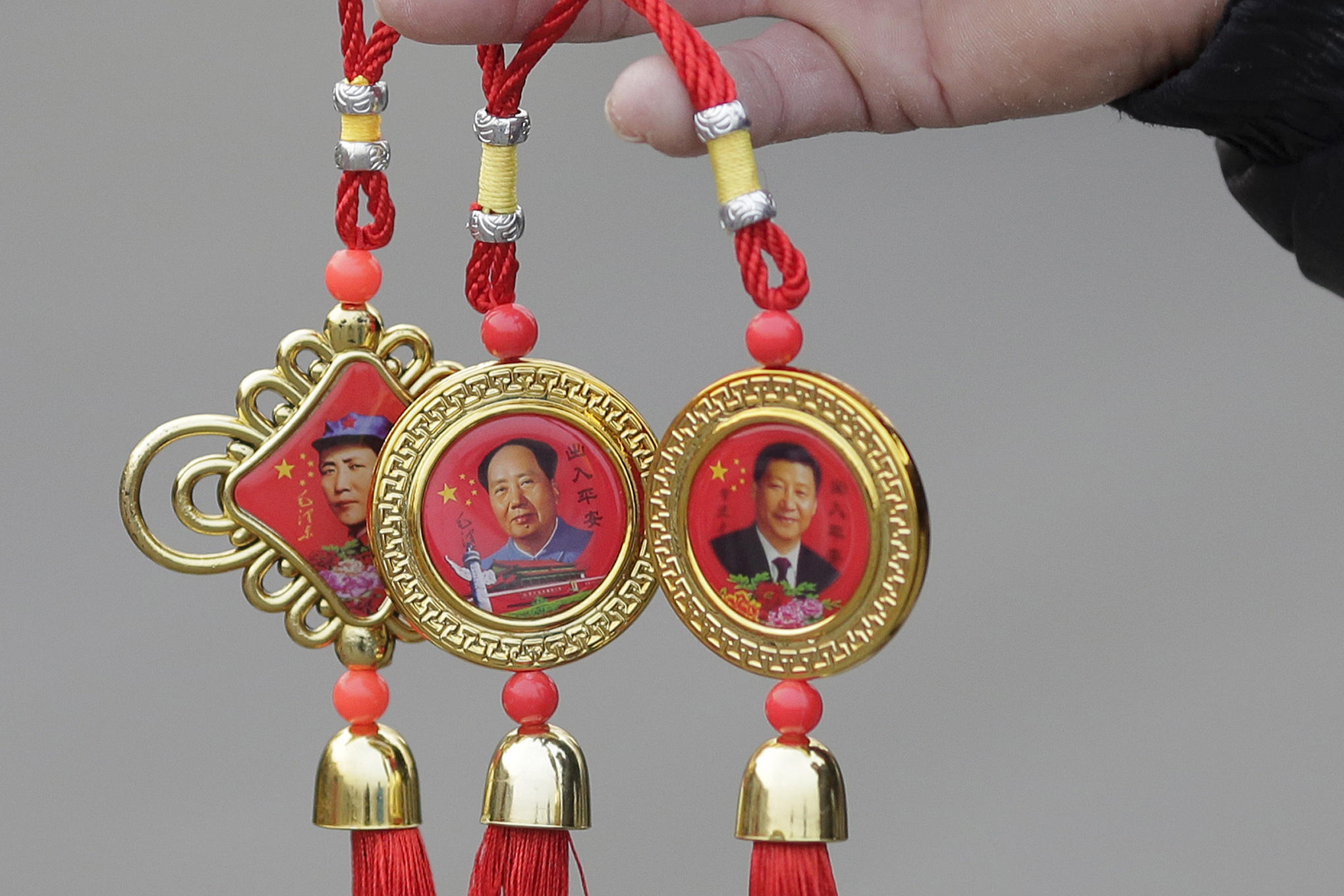
More
Xi Jinping: a ‘responsible leader’ in Switzerland?
China has taken advantage of the US president’s hostility towards the UN system to strengthen its positions. But could the coronavirus pandemic weaken China’s efforts at the UN? The global health crisis and its devastating economic impact nonetheless appear to have amplified the growing rivalry between Washington and Beijing.

More
EU pandemic resolution adopted at World Health Assembly
As the world’s second-biggest economy and its most important industrial centre, China has accounted for 30% of global economic growth up to 2019. Under Xi Jinping’s leadership, it is also issuing loud and clear demands for its due position in the structures of the UN and making the most of the United States’ disengagement.
In 2019, Beijing became the second-biggest contributor, behind the US, to UN peace operations (15.21% of the 2019-2020 budget of $6.5 billion) and the 10th biggest supplier of peacekeepers (2,544 of 82,863). China is also the second-biggest contributor to the general budget of the UN ($337 million in 2020) after the US ($679 million in 2020).
Beijing has secured sufficient international clout to get Chinese nationals elected to the top positions at four of the 15 UN specialised agencies; the International Civil Aviation Agency (ICAO), the International Telecommunication Union (ITU), the Food and Agriculture Organisation (FAO), and the Industrial Development Organisation (UNIDO).

More
How China is filling America’s shoes at the United Nations
By reaffirming the omnipotence of the Communist party in China’s leadership, Xi Jinping openly opposes western models of liberal democracy that respect civil liberties. In Geneva, this translates into a desire to influence the work of the UN Human Rights Council in a direction that is detrimental to defenders of human rights.
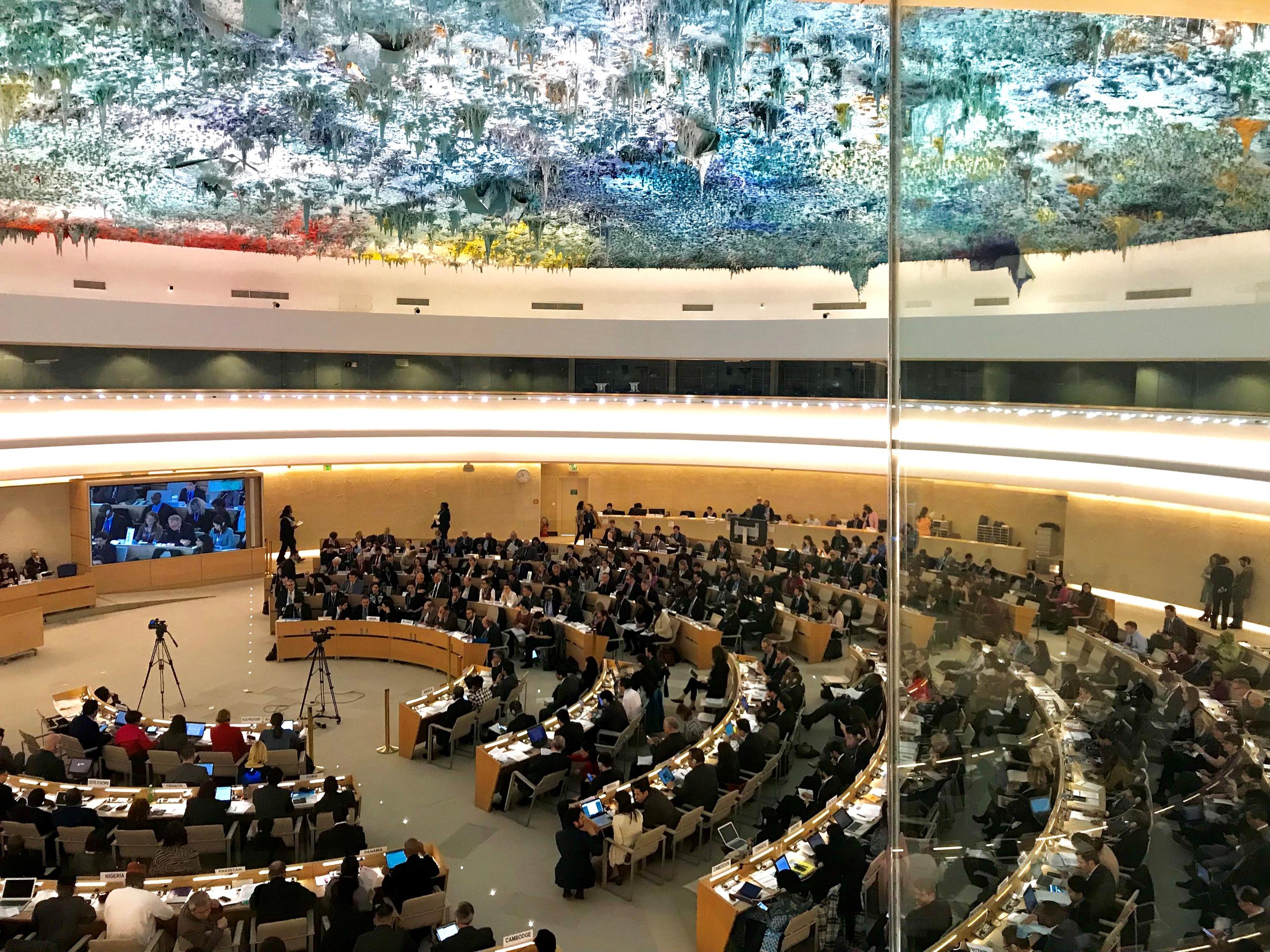
More
China’s ‘win-win’ rights initiative makes waves in Geneva
At the 43rd session of the Human Rights Council, the Chinese Foreign Ministry’s special representative for human rights, Ms. Liu Hua, politely hammered home her government’s doctrine: “The experience in China shows that there is no single model for the protection of human rights and that modernisation doesn’t equate to westernisation. The protection of human rights must be embedded in a course of development that suits the individual conditions of a country.”
So those who highlight the repression of opposing voices in Hong Kong and the iron-fisted curbs on Muslims in the province of Xinjiang are asked to hold back their criticism. In the same statement on February 26, 2020, Ms. Liu Hua maintains that “there is no war, no displacement, no fear in the 9.6 million-square-kilometre Chinese territory and almost 1.4 billion people lead peaceful, free and happy lives – this is the biggest human rights project and it is the best practice in this field.”
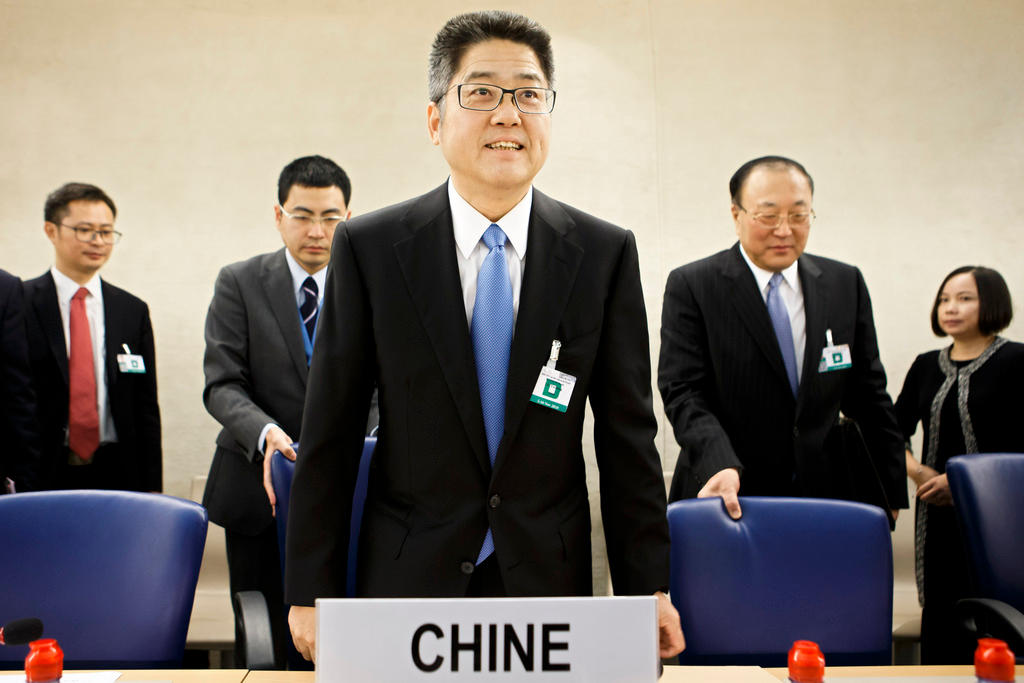
More
China steps up diplomatic efforts in Geneva to deflect censure
With its particularly intractable approach to the question of civil and political rights, Xi Jinping’s China is reinforcing a line of thought that did not disappear with the death of Mao Zedong in 1976. Switzerland got a bitter taste of it in 1999 during a state visit by Jiang Zemin, the Chinese president at the time, who was infuriated at encountering militant pro-Tibet demonstrators on his arrival at the Federal Palace in the capital Bern. “You have lost a friend,” he told his hosts, who included Swiss President Ruth Dreifuss.
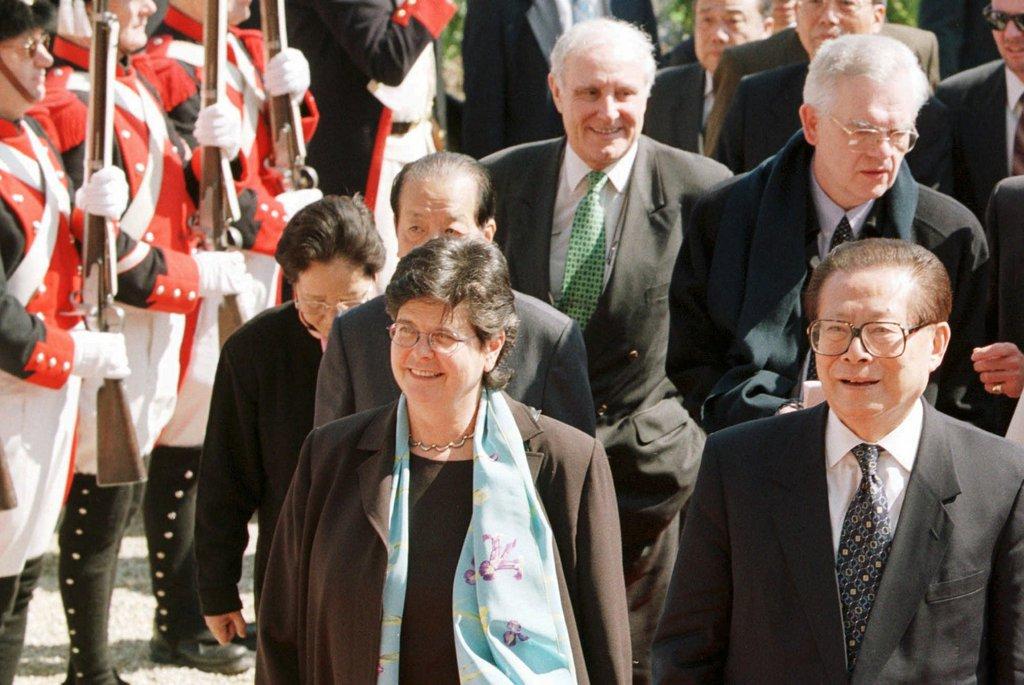
More
China’s first state visit to Switzerland since 1999

In compliance with the JTI standards
More: SWI swissinfo.ch certified by the Journalism Trust Initiative









You can find an overview of ongoing debates with our journalists here . Please join us!
If you want to start a conversation about a topic raised in this article or want to report factual errors, email us at english@swissinfo.ch.